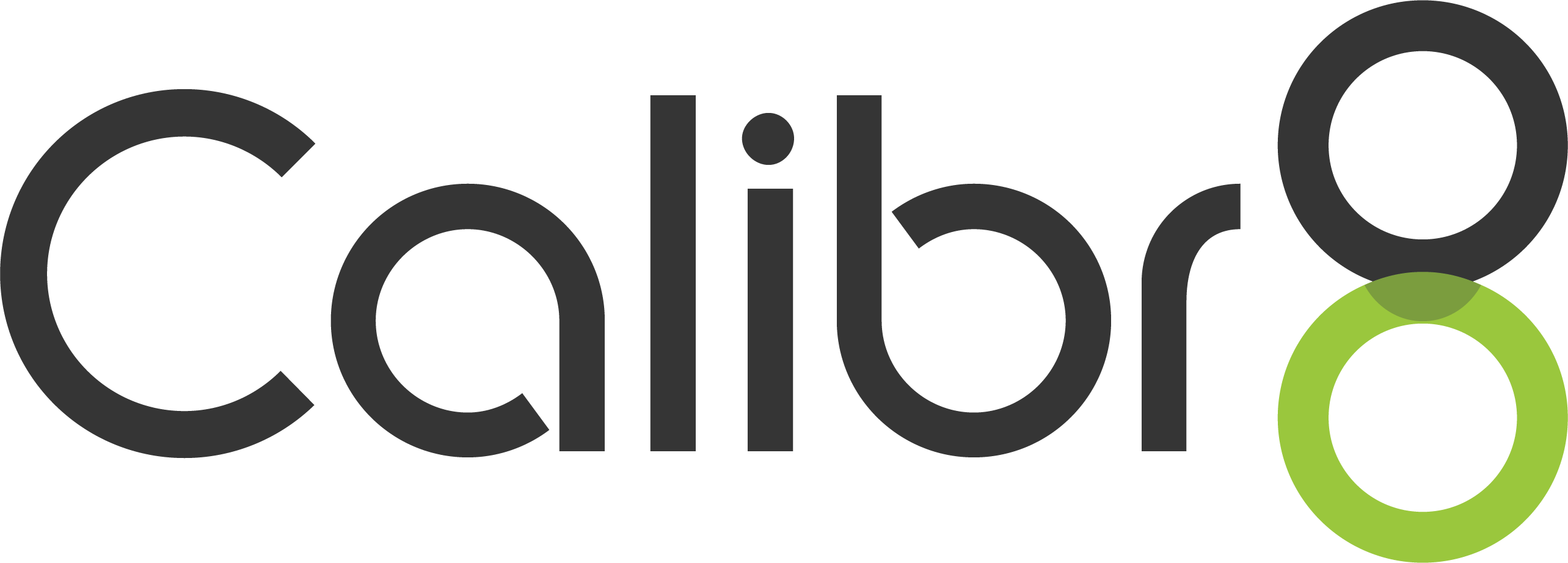Read time: 5 mins
Whether you’re studying political attitudes ahead of an election or measuring how public policies affect behavior and well-being, one thing stays constant: the need for data you can trust. That’s why survey methodology in academic research is evolving.
Key Takeaways
-
Universities are prioritizing diverse, transparent sampling to ensure data integrity.
-
Mixed-mode approaches help reach underrepresented and hard-to-access populations.
-
Researchers are using advanced tools to actively protect data quality.
-
Academic studies are shaping real-world policies and public conversations.
In our work supporting university researchers across North America, we’ve seen firsthand the complexity—and importance—of rigorous, real-world academic research. From gauging voter sentiment to evaluating education reform, here’s what we’re learning:
🎓 1. Rigor Isn’t Optional—It’s the Standard
University-led research often faces scrutiny from all sides: IRBs, academic journals, funding bodies, and policy stakeholders. That’s why many academic teams are rethinking their approach to data collection—not just focusing on sample size, but also sample integrity.
What we’re seeing:
- Greater demand for multi-source sampling to avoid bias from single-panel reliance
- Increased focus on representativeness by geography, behavior, and access, especially for hard-to-reach populations
- A desire to build in transparency and replicability from the start, not just at the point of publication
Academic researchers are setting the bar—and it’s raising expectations across the industry.
🧪 2. Mixed-Mode = Better Reach, Better Representation
One common challenge in public-focused research is access. Relying solely on online respondents can miss populations impacted most by policy—especially in rural, low-income, or aging communities.
Many universities we work with are turning to mixed-mode fielding—combining online, CATI (telephone), and even mobile-first approaches—to reach a fuller picture of the population.
Examples:
- A voter behavior study using CATI to include older voters not regularly online
- A social intervention study using mobile diaries + follow-up surveys to track behavior over time
- A post-election pulse check blending SMS recruitment with web-based questionnaires for scale
It’s not about picking a channel. It’s about using the right channels for the right people.
🔍 3. Data Quality Is a Shared Responsibility
Academic teams invest years into hypotheses, literature reviews, and grant writing. But poor fieldwork can undermine everything.
That’s why more researchers are taking a proactive stance on:
- Screening design and quota logic to reduce bias
- Fraud detection and response validation tools to improve data fidelity
- Participant engagement strategies that respect the respondent while protecting research quality
Tools like fraud scoring, identity verification, and attention checks aren’t just for commercial studies—they’re essential for preserving academic credibility, especially in an era where AI-generated and inauthentic responses are rising.
🌍 4. Research That Reaches Beyond the Campus
What excites us most is how academic research is becoming more applied, more timely, and more visible.
We’ve supported studies on:
- Turnout intention and civic engagement among young voters
- The effect of housing policy on educational outcomes
- Community responses to climate adaptation programs
These aren’t just theoretical exercises—they’re informing policy debates, nonprofit strategies, and media narratives. And they all begin with one thing: trusted data.
Final Thought: Build with Confidence
If you’re preparing your next study—whether it’s political, social, or both—build it on a foundation of methodological rigor, representative reach, and reliable data practices.
The insights that shape change start with how we gather them.
About Logit
The Logit Group is a leading data collection partner to academic researchers, policy institutions, and nonprofit organizations. We support multi-mode research across online, CATI, and hybrid methodologies, with a focus on data quality, transparency, and respondent trust. Contact us to learn more.








